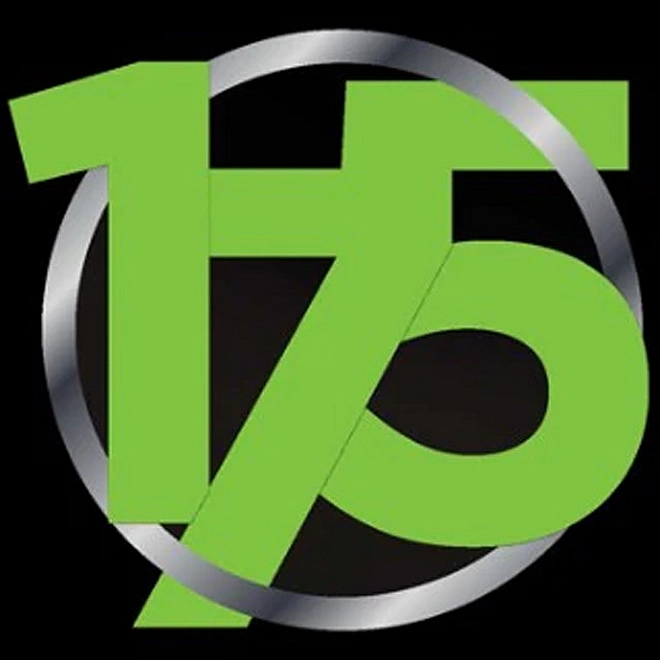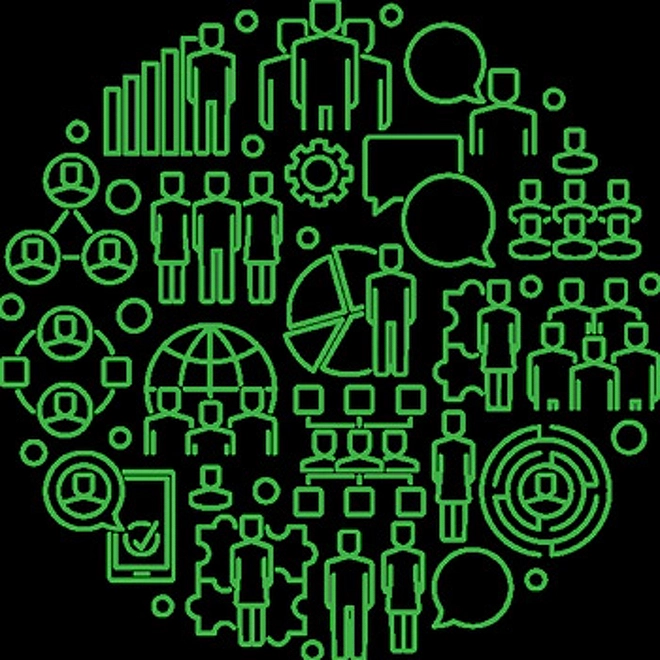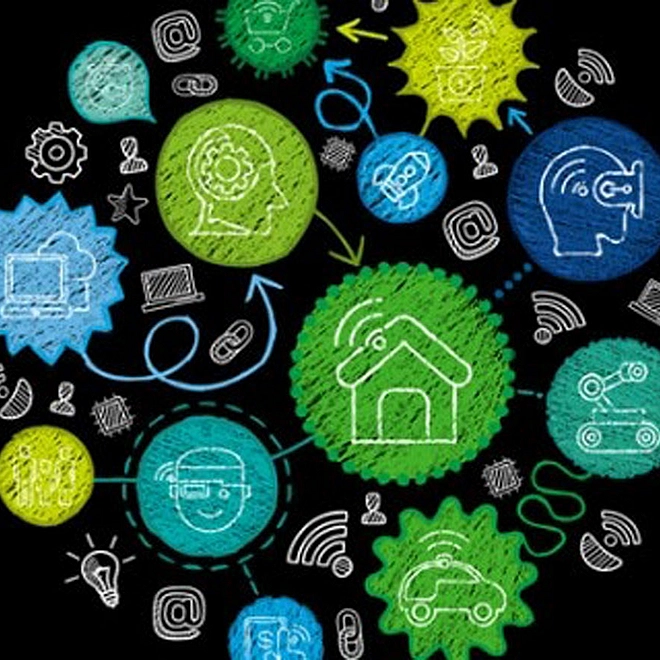Leading the Way in Technological Innovation
Deloitte became the world’s foremost auditing and professional services provider due in part to its dedication to technological innovation. Its extensive track record of technological innovation will only grow as it leads 21st-century businesses through the Fourth Industrial Revolution.



